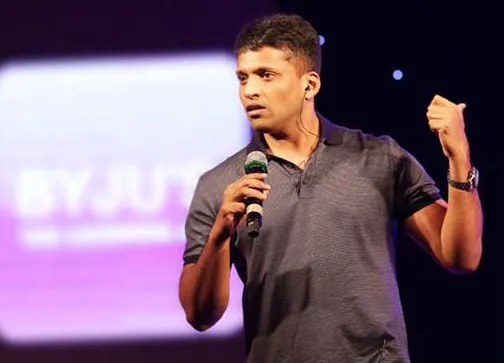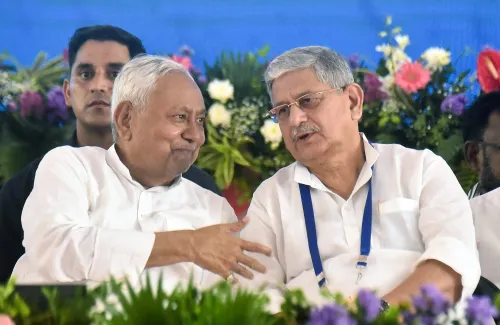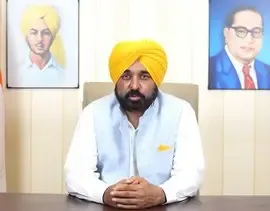Was $533 million funneled back to Byju Raveendran? Founders refute allegations

Synopsis
Key Takeaways
- The **$533 million** at the center of the dispute is alleged to have been misappropriated.
- Byju Raveendran and his team categorically deny the allegations.
- Legal proceedings are ongoing, with significant implications for Byju's future.
- The case highlights the complexities of corporate financial management in the edtech sector.
- Public interest remains high as stakeholders await further developments.
New Delhi, Nov 17 (NationPress) A recent submission to the Delaware Bankruptcy Court has claimed that the $533 million that is currently unaccounted for from Byju's Alpha — an entity now under the control of the edtech firm's Term Loan B (TLB) lenders — was allegedly “round-tripped back to Byju Raveendran and his associates.”
However, the founders of Think and Learn, the parent organization of Byju's, have vehemently denied these allegations, as stated in a November 17 report referenced by multiple media outlets.
The claims surfaced as Byju's Alpha sought judicial approval for a settlement agreement with OCI Limited, a UK-based procurement company that had received the majority of the disputed funds.
As part of the proposed resolution, OCI's founder, Oliver Chapman, provided a sworn statement detailing “down to the cent” how the funds were utilized after being transferred to OCI.
The filing contends that the money was not allocated for the purchase of tablets, advertising services, or any legitimate business purpose for Think & Learn, which contradicts claims made by Byju Raveendran in a previous court statement filed in 2024.
Furthermore, the document asserts that Chapman’s investigation revealed that the $533 million was “clandestinely extracted” in 2022 and funneled through obscure transactions to Byju’s Global Pte Ltd in Singapore — a corporate entity owned by Raveendran.
Reports indicate that this movement of funds is characterized as “personal enrichment,” with accusations directed at Raveendran and former OCI representative Rupin Banker of exploiting OCI to defraud the debtor and its creditors.
In response, Byju’s founders stated they categorically reject the assertions made by GLAS Trust in the Delaware filing, labeling Chapman’s testimony as selective, incomplete, and lacking supporting evidence.
Earlier in the year, the Supreme Court dismissed petitions from the BCCI and Riju Raveendran — the brother of Byju Raveendran — which were aimed at withdrawing insolvency proceedings against Byju's and considering the settlement between the struggling edtech firm and the BCCI.
A Bench of Justices JB Pardiwala and R Mahadeven declined to intervene with the April 17 ruling of the National Company Law Appellate Tribunal (NCLAT) that determined since the settlement proposal was submitted after the formation of the Committee of Creditors (CoC), it needed the lender's body approval under section 12 A of the Insolvency and Bankruptcy Code.









